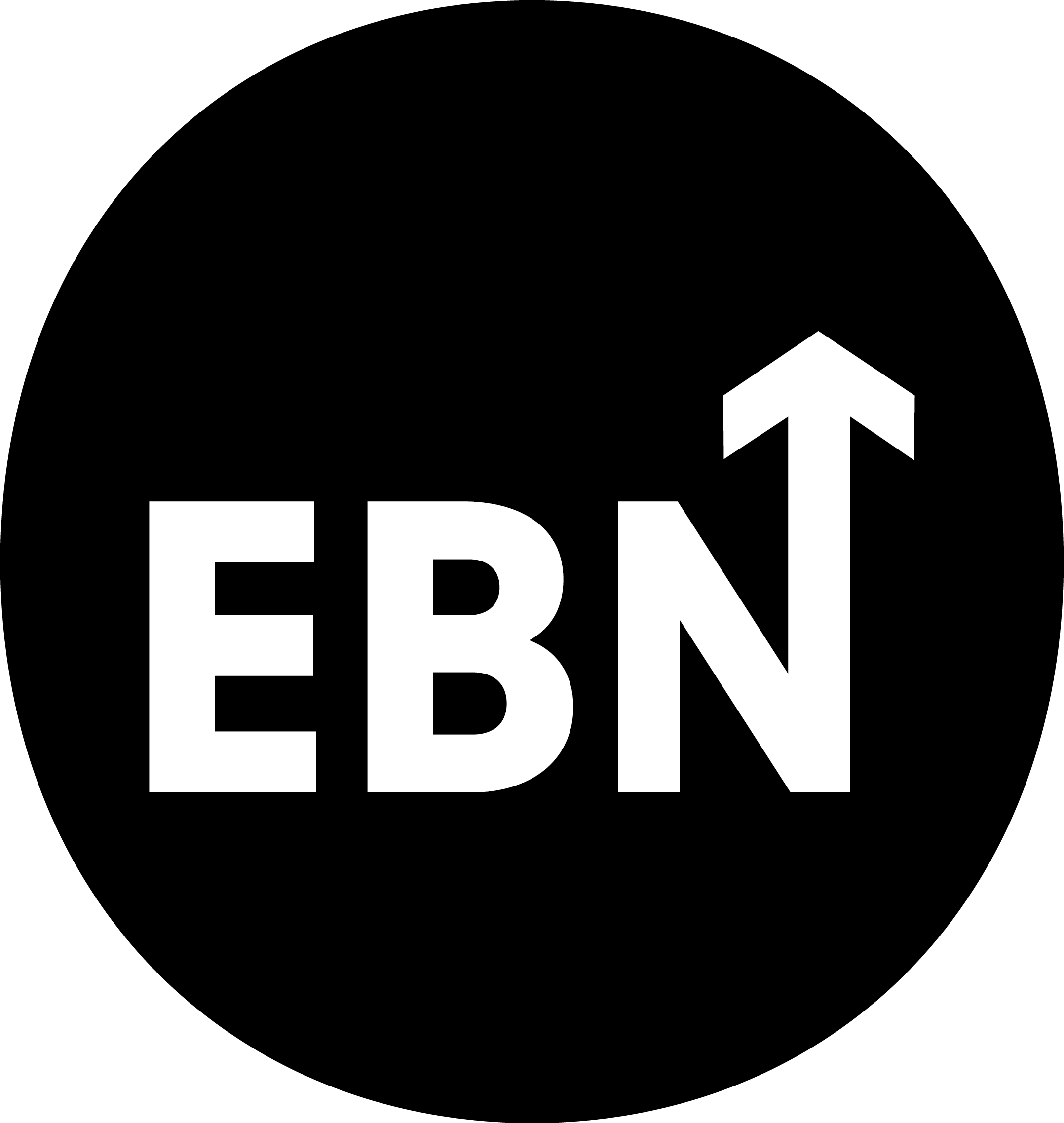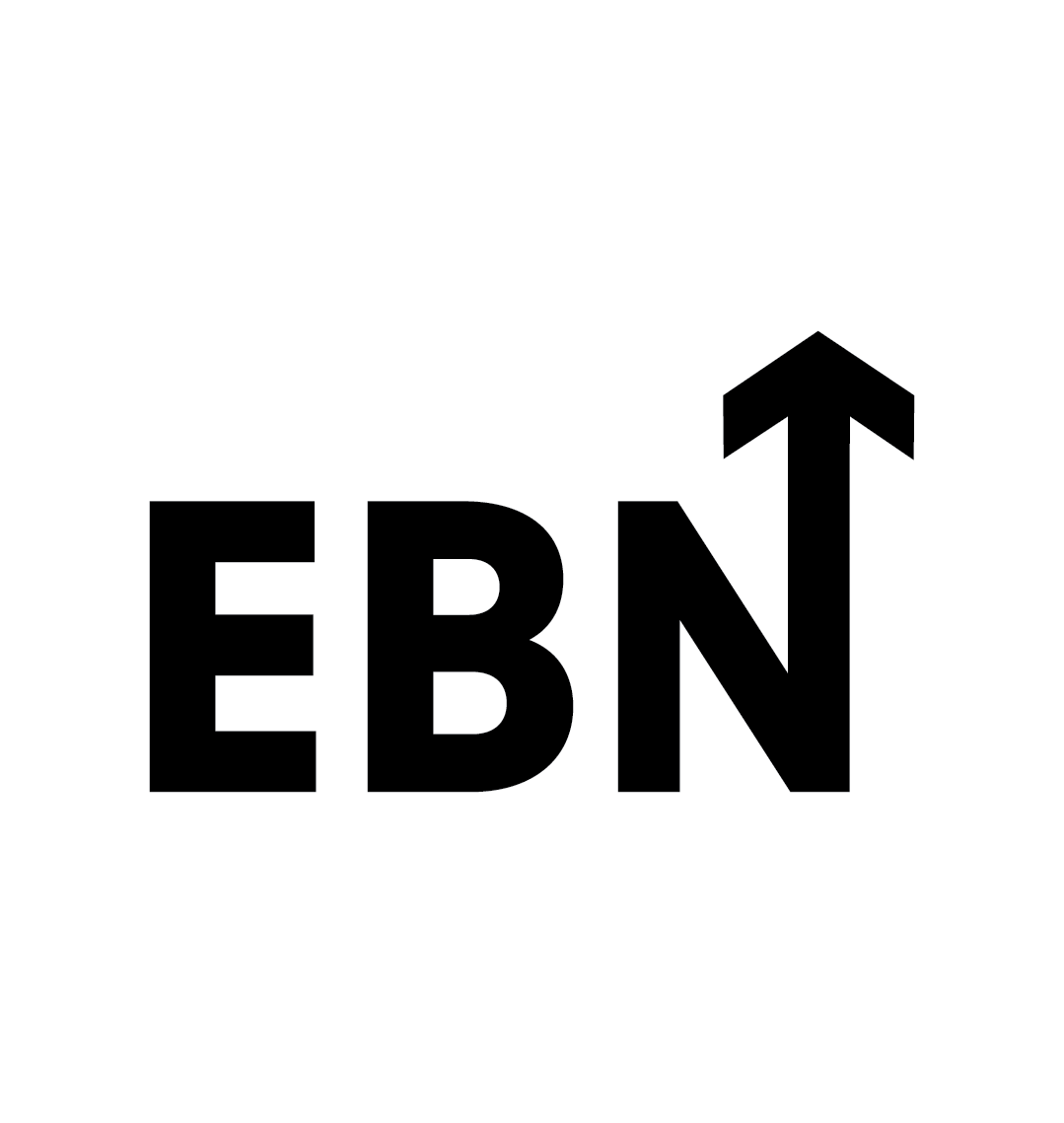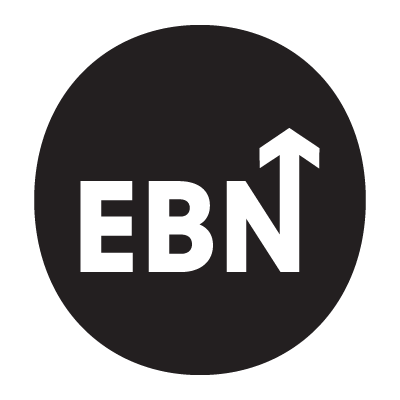Every year, like clockwork, a swarm of smug press releases flood LinkedIn feeds:
“We’re proud to be named a Best Place to Work!”
“Top Employer 2025 – It’s official!”
“We’ve been recognized for our world-class culture (again)!”
Cue the generic team photo, cue the emojis, cue the hollow congratulations from people who either had nothing to do with the win or are quietly looking for a new job.
Momentum isn’t always progress, especially when you always end up back where you started.
Fathom helps you escape the loop. With insight, not intuition.
But let’s not treat each other like fools: most of these awards are a bad joke. A well-packaged, revenue-generating illusion built less to reward genuine employer excellence and more to pad the pockets of awards vendors and juice the egos of executives. Trust me, I’ve been one, I’ve met many, this is how it is.
The Business Model Behind the BS
Let’s start with the basics: most employer awards schemes are pay-to-play operations masquerading as objective rankings. Whether it’s “Great Place to Work,” “Top Employers Institute,” “Best Companies,” or “Forbes’ World’s Best Employers,” nearly all follow the same formula:
- Charge companies to enter
- Charge more to use the badge (or use it as a lure for bigger things)
- Sell pricey ‘culture audits’ and consultancy add-ons
- Offer expensive “recognition packages” and gala invites
- Watch the PR teams lap it up
It’s not about truth. It’s about business. Just look at Great Place to Work - its revenue is in the tens of millions annually, largely driven by the companies it “recognises.” According to its own site, certified companies see “up to 50% more applications.” So of course, there's a vested interest in handing out as many gold stars as possible.
In other words: you pay, you play, you promote.
Methodology? More Like Marketing
Let’s dig into the so-called "methodologies." You’d expect rigorous data collection, anonymised surveys, long-term culture metrics, and solid employee feedback, right?
Wrong.
Most award methodologies are:
- Based on employer-submitted surveys
- Heavily weighted by self-reported HR policies
- Include voluntary employee surveys (often during peak PR campaigning season)
- Lack any ongoing or independent data validation
- Ignore external sentiment sources like Glassdoor or Indeed entirely
Helping HR, talent acquisition, employer branding, and company culture professionals find careers worth smiling about.
Even Glassdoor’s own awards, based on employee reviews, are questionable. They skew toward large, white-collar employers where participation is high, and fail to capture entire sectors like blue-collar, service, or frontline workforces.
Just look at the recent Straits Times Best Employers rankings. They claim to have gathered 380,000 employer recommendations - from just 14,000 participants. That’s over 27 recommendations per person. Really? Come on. Do the basic math. I know job hopping is practically a national sport in Singapore, but this is laughable. At best, it's sloppy methodology. At worst, it's wilful nonsense dressed up as data. Not that this pesky little detail stopped the likes of Bank of America, Singapore Pools, or HTX from opening their wallets and buying some timely hot air.
The Reality Behind the Curtain
Now here's where it gets insulting. Let’s look at some 2023-2024 examples:
- Google topped multiple "Best Employer" lists - while laying off tens of thousands of staff despite $74 billion in quarterly revenue.
- Salesforce was on the “World’s Best Workplaces” list just months before slashing 10% of its workforce… right after a record year.
- Meta (Facebook) won culture awards even after decimating teams with wave after wave of layoffs and an internal climate of paranoia.
- Amazon has never had great employee satisfaction metrics, yet frequently appears in “Top Employer” rankings in certain regions.
Am I the crazy one here? As far as I’m concerned, you can’t slash 20,000 jobs while sitting on billions in cash and still claim to be one of the world’s best employers. Not unless the definition of “best” has been rewritten by your comms department.
The Disconnect with Glassdoor (and Reality)
Here’s another smoking gun: there’s shockingly little correlation between companies topping employer awards and companies with high employee satisfaction.
In one 2023 comparison of Glassdoor’s employee-generated ratings versus paid award winners in Europe and the U.S., only 28% of top award winners had a Glassdoor score above 4.0 (out of 5). Meanwhile, plenty of companies with 4.4+ ratings were nowhere to be seen on any "best employer" lists—why? Because they didn’t pay to play or lacked the PR muscle to chase them.
If these rankings were actually about employees, you'd expect a much stronger match-up. Instead, it’s a mess of brand-first, employee-second recognition.
Are you seeing the pattern yet? Even if you’re not, more and more employees are.
A PR Mirage With Real Consequences
The saddest part? These awards aren’t just harmless fun. They:
- Mislead job seekers into joining toxic workplaces
- Demoralize employees who know how bad things really are
- Help whitewash reputations during layoffs, scandals, and DEI backpedalling
- Crowd out genuinely great employers who don’t chase awards
They perpetuate the myth that you can measure culture with a badge and a press release.
I’ve lost count of how many times I’ve spoken with otherwise respectable employers who tell me their number one goal is - wait for it - to win an award. Not to be the kind of workplace that deserves one. Not to build an environment where people actually thrive. Just to bag the badge. The sad truth is, many couldn’t care less about being a truly great employer, but they’d stake their annual bonuses on being seen as one. You know who you are. It’s really no wonder profits are so high for those doing the "recognising".
Time to Wake Up
If you’re a jobseeker, please don’t be fooled by shiny badges on a careers site. Do your homework, check Glassdoor, talk to ex-employees, and look for transparency - not trophies.
If you’re a leader, resist the urge to chase meaningless accolades and focus instead on building a workplace your people would voluntarily endorse without being bribed with pizza or “engagement week.”
And if you’re in HR or comms, stop equating culture with clout. Winning an award doesn’t mean you’ve won your people’s trust. There are some worthwhile awards out there, so please be discerning and honest. And remember, a dollar spent on culture is always better than a dollar spent on fluff.
Please, let’s stop pretending the emperor is wearing clothes. The “Best Employer” industry is built on smoke, mirrors, and billable optimism. And it's long overdue for a reckoning.
Takeaways
Most employer awards are pay-to-play:
Companies often have to pay to enter, pay to be audited, and pay even more to promote their win. Recognition is monetized.
Methodologies are flawed and inconsistent:
Surveys often rely on employer-supplied data, limited employee feedback, and rarely consider external sentiment sources like Glassdoor.
Layoffs don’t disqualify companies:
Some of the biggest winners of “best employer” awards are also among the most aggressive in cutting staff, even when highly profitable.
There’s little correlation with employee sentiment:
Many award-winning employers have poor Glassdoor ratings, while highly rated companies go unrecognized due to lack of PR spend or participation.
It misleads jobseekers and undermines trust:
These awards create a distorted view of what a good employer looks like, often rewarding branding over reality.
Real employer brand value comes from within:
Culture isn’t a campaign. It’s lived experience. If you need a badge to convince people you're a great place to work, you're probably not one.







